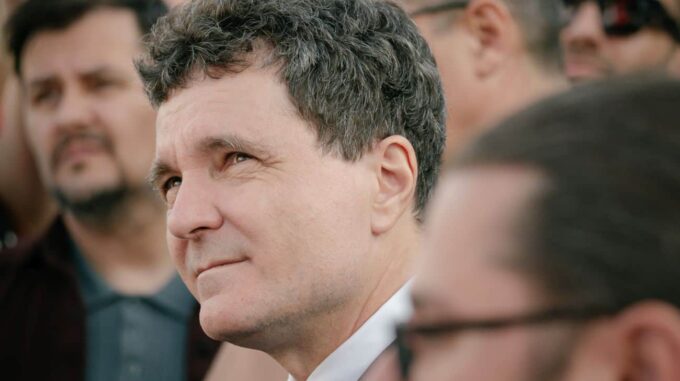Exit polls in Romania suggest grounds to believe in a tangible victory for the pro-European candidate; diaspora votes are likely to determine the outcome of the second round of the presidential election

According to polling data conducted by sociological companies on election day, the result of the second round of Romania’s presidential race remains uncertain, but forecasts indicate a significant chance for the pro-European candidate Nikushor Dan to win, while the pro-Russian candidate George Simion has a possibility of losing to his opponent. This historic vote, which will determine the country’s future course, has attracted widespread attention from analysts and the public, especially since the first round concluded rather decisively — with Simion, representing the far-right AUR party, gaining nearly 41% of the votes, and his main opponent, the independent Bucharest mayor Nikushor Dan, securing about 21%. However, the focus has shifted to the survey results: based on exit poll data, voters leaving polling stations demonstrated a slight advantage for the new leader. According to sociological companies CURS and Avangarde, more than half of those questioned outside polling stations — 54.1% (CURS) or 54.9% (Avangarde) — stated they voted for Dan, whereas for Simion, the figures were 45.9% and 45.1%, respectively. Another geopolitical nuance is the significant percentage of voters who abstained from responding, meaning the final tally could remain in suspense until the very end — especially considering that the data from Avangarde's surveys contains a slightly more optimistic scenario for the pro-European candidate. A particularly noteworthy fact is that the opinion poll results compiled as of 20:00, published by Avangarde, show a trend of increasing support for Dan compared to initial figures. The hours of voting for prime ministers saw especially active participation from young voters, who traditionally tend to favor pro-European candidates. It’s also important to note that beyond domestic voting, nearly 15% of Romanian citizens are expected to participate in voting from abroad — a platform spread across different countries that promises to be a decisive element in the overall picture, given that voter turnout at overseas polling stations was record-high, though their results are yet to be fully reflected in the overall statistics. Overall, the current data suggest that the outcome of the second round could still allow for a pro-Russian candidate, George Simion, to reach the runoff or even win outright; however, most forecasts rely primarily on exit poll data. A key factor remains the activity of the diaspora, whose votes have the potential to shift the balance of power. It is expected that the votes of the abroad diaspora, which predominantly support pro-European candidates, will determine the outcome of this historic choice. The historic significance of the second round lies in the fact that this decision will be pivotal for the country’s future direction — whether it remains aligned with pro-European policies or reverts to more pro-Russian and nationalist positions. All details and an analysis of the potential consequences of each candidate’s victory can be found in a dedicated article titled "What to Expect from a 'Pro-Russian' Romania: What Happened to the Neighbors and What a Simion Victory Will Change." Meanwhile, information about George Simion and his position within the political spectrum can be explored in the collection "What We Know About the New Favorite for the Presidency of Romania," which provides a deeper understanding of the possible scenarios unfolding in this country.

